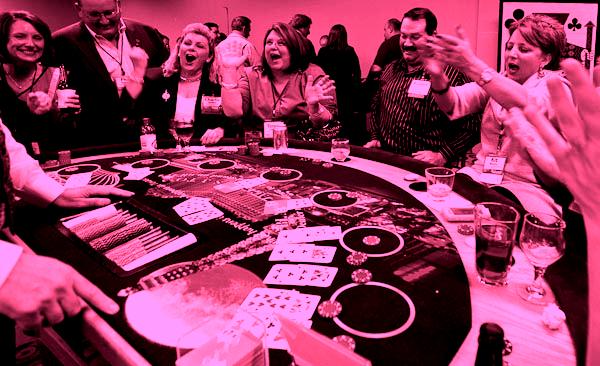The psychology of gambling is a fascinating subject that explores why people are drawn to games of chance and betting.
Thrill of Uncertainty
One of the primary reasons people are drawn to gambling is the thrill of uncertainty. The unpredictable nature of gambling outcomes triggers the release of dopamine, a neurotransmitter associated with pleasure and reward. This dopamine rush creates a sense of excitement and anticipation, making the gambling experience enjoyable and engaging.
Escapism and Entertainment
Gambling provides a form of escapism and entertainment. It allows individuals to take a break from their daily routines and immerse themselves in a world of excitement and possibility. The engaging nature of casino games and sports betting offers a distraction from stress and boredom, providing a temporary escape from reality.
Social Interaction
Gambling often involves social interaction, whether it’s playing casino games with friends or engaging in conversations with fellow bettors. The social aspect of gambling can enhance the overall experience, creating a sense of community and belonging. Interacting with others while gambling can make the activity more enjoyable and engaging.

Illusion of Control
Many gamblers experience an illusion of control, believing that they can influence the outcome of games through skill or strategy. This perception of control can be empowering and motivating, even in games that are purely based on chance. The illusion of control contributes to the appeal of gambling, as it makes individuals feel more involved and invested in the process.
Dream of Winning Big
The dream of winning a significant amount of money is a powerful motivator for many gamblers. The possibility of a life-changing win, no matter how small, can be incredibly enticing. This dream fuels the excitement and anticipation associated with gambling, making it an appealing activity for those seeking financial rewards.
Personality Traits
Certain personality traits may predispose individuals to enjoy gambling more than others. For example, individuals who are more impulsive, sensation-seeking, or competitive may be more drawn to the thrill and excitement of gambling. Understanding one’s personality traits can provide insight into why gambling is appealing and help in maintaining a healthy approach to the activity.
Cognitive Biases
Cognitive biases play a significant role in the psychology of gambling. Biases such as the gambler’s fallacy, where individuals believe that past events influence future outcomes, can lead to irrational decision-making. Recognizing and understanding these biases can help gamblers make more informed decisions and avoid falling into common traps.
Responsible Gambling
While gambling can be an enjoyable and entertaining activity, it is essential to approach it responsibly. Setting limits on time and money spent on gambling can help maintain a healthy balance. It is crucial to recognize the signs of problem gambling and seek help if necessary. Responsible gambling practices ensure that the activity remains a form of entertainment rather than a source of stress or financial strain.
In conclusion, the psychology of gambling is complex and multifaceted, involving a combination of thrill-seeking, escapism, social interaction, and cognitive biases. Understanding the motivations behind gambling can help individuals make informed decisions and maintain a healthy approach to the activity. By recognizing the psychological aspects of gambling and practicing responsible gaming habits, individuals can enjoy the thrill and entertainment of gambling while minimizing potential risks. Always remember that gambling should be a form of entertainment, and maintaining a responsible attitude is key to a positive experience.

